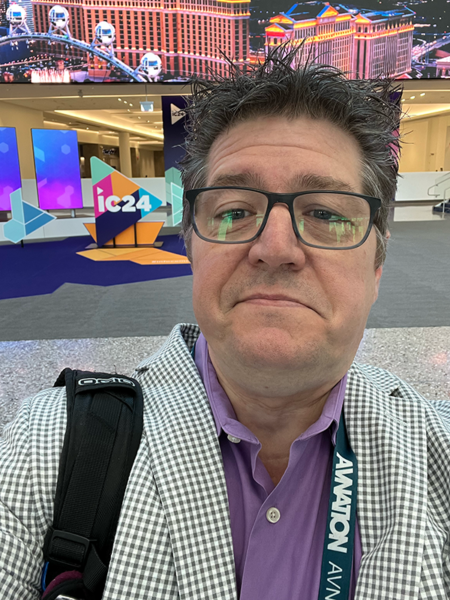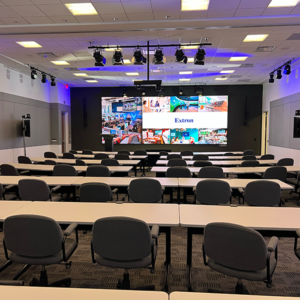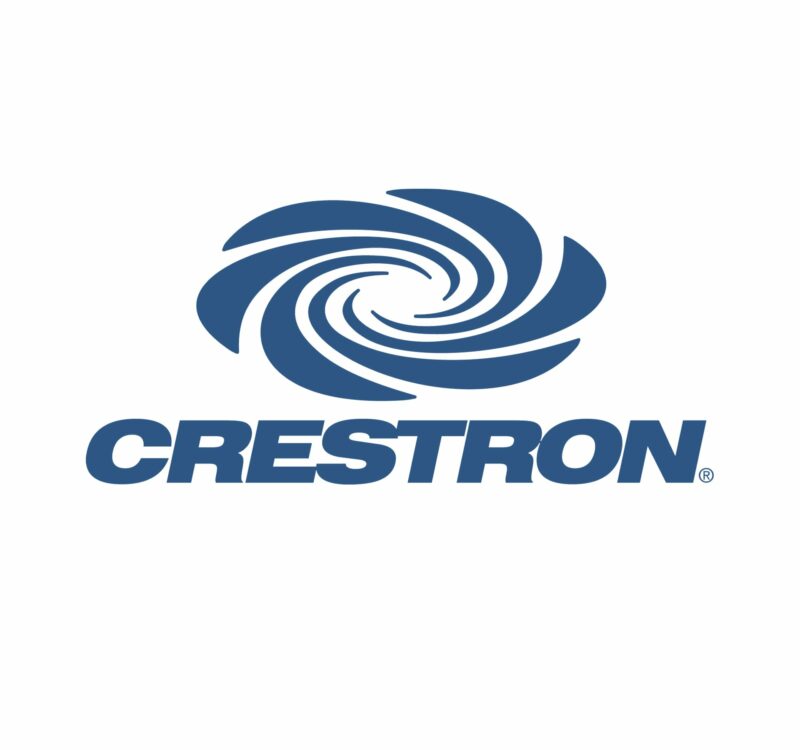Where InfoComm 2024 puts the Pro AV industry
Gathering in Las Vegas during the June months is not something for the faint of heart. Or those who are prone to heat exhaustion. But almost 40,000 Pro AV professionals did just that. InfoComm 2024 took place from June 12 to 14 at the Las Vegas Convention Center and there was plenty for AVXA and the industry to celebrate. From a small growth in certified attendees to the quality of education sessions. There was cause for celebration at the end of the week. Some areas to be concerned about as well.
By the Numbers
According to show organizer AVIXA, InfoComm 2024 attracted 30,271 “verified attendees” from 125 countries. The term “verified attendees” is something AVIXA has put into place that separates those coming to the show in contrast to those there to work the show like press (Hi there) or exhibitors. That number stands at 36,967. Prior to COVID, most trade shows would just tell you how many registrations or attendees there were. AVIXA CEO Dave Labuskes put into place the standard of letting not only exhibitors know how many “real” attendees there were but also the industry at large know as well.
A slight growth from the 29,325 verified attendees in 2023. The show also featured 833 exhibitors also up from the previous year’s 700. One area that had a slight dip was the percentage of end-users in Vegas. At 2023’s InfoComm, the show indicated 33% identified as AV users. This year’s show had 29%. It’s too early to tell the hows and why for the slight decrease.
Software Everywhere

If you had to put InfoComm 2024 into one word or phrase it would be software. Everywhere. Of the 800-plus booths, at least 75% had some form of software solution they were demonstrating. Shure added to their IntelliMix Room software DSP with “De-reverberation”. This gives users the ability to eliminate the bouncing room sounds that happen in glass rooms or flat surface offices.
Companies like Utelogy, Q-SYS, and Kramer were all talking about not just AV over IP but AV in, through, and processes over IP. The idea here is you can monitor, maintain, and manage your classrooms or conference rooms through the network. Some companies were showing off the ability to process audio, like Shure, the video, or control. The software-ization of AV has begun and it’s only going to accelerate each year.
InfoComm 2024 is for Displays
Yeah, we can push video, audio, and control over IP but we still need the analog outputs like speakers and displays. Thankfully there was plenty to see at the show. LG continued what I would call their transparent OLED dominance. This time adding an interactive function to transparent OLED for wayfinding and retail applications. Plus, transparent OLED is just aesthetically excellent.
Sony showed off a new Bravia that had a non-glare surface and deep black. Companies will use that “blackest blacks” line. That really means that the contrast is so deep that your colors are going to pop. They do on this Sony display [ADD MODEL]. Avocor continued down the non-touch road with a new 21:9 series. DVLED continues its evolution with smaller pitch sizes (the distance between individual LEDS), flexibility, and more sizes and shapes.
AV Over IP

For more than a decade pro AV has been discovering what it means to put audio and video on the network. HDBaseT, AVB, Dante, SDVoE, IPMX, and other technologies, there is no shortage of flavors. Each and every segment of the InfoComm 2024 show floor had some version of AVoIP.
Dante showed off their latest iterations of the video portion of the protocol as well as management capabilities. The firms that make SDVoE have matured and are now, mostly, standing on their own unique offerings. IPMX is also getting to a tipping point.
The technology has been teasing both pro AV and the IT segment for a few years with the possibilities of open-source interoperability. I’ve been around long enough to have heard this story before with AVB/TSN. IPMX will have to not only demonstrate working prototypes, but companies willing to put their products where theory is currently before the technology will belong in a real-world installation.
Where’d the End User Go?
As mentioned above, InfoComm 2024 had a slight dip in the number of AV end-users in Las Vegas. Any reason is slightly more than speculation sitting here the week after the show ended. Some conversations during the show would point to two reasons bundled together as one. Money. First colleges and universities are cutting budgets. Higher Education is seeing a massive reduction in staff as well as training and travel budgets. That leaves those in charge short-staffed during their busiest time but also without the funds to pay for the trip to InfoComm. Money actually covers the two reasons. They are losing the budget for staff as well as to send the staff that remains.
Not scientific, but my personal experience the week of InfoComm was with more IT members in the corporate space. I met teams from Fortune 10 companies, finance, entertainment, and sports teams. If you look at the success of HETMA and their booth you could almost have the impression that there were more education staff at the show than in 2023. The group had over 3400 unique booth scans according to their X feed. That works to roughly 34% of end users or 12% of total InfoComm attendees. A year-over-year comparison is not sufficient to make a trend. We’ll wait until InfoComm 2025 to really tell the trend for end users in general, and higher education specifically, to speak to where they are headed.
Grading InfoComm 2024

When you get back from a show like this, it’s typical to write a recap and give an overarching synopsis of the experience. It’s difficult with this InfoComm. Education, networking, and events were really well done. The things that AVIXA had a direct hand in were done quite well. That’s only half the story. The part where they had no control over was the booths and technology themselves. Much like at ISE 2024, there was no great “OMG you have to see this” moment. Certainly, there was tech that was noteworthy and we’ll take the next few months digesting all we saw.
It’s a sign of the maturing of the AV industry. It’s not bad, or good. Just is. And that’s ok. Some day there will be some company that will blow us all away with some amazing thing they are working on right now. Until then, we’ll excitedly head to Orlando and Vegas to network, learn from the best in the industry, and see what new iterations help you do your job better.
To see all of AVNation’s coverage of InfoComm 2024 go here.
Tim Albright is the founder of AVNation and is the driving force behind the AVNation network. He carries the InfoComm CTS, a B.S. from Greenville College and is pursuing an M.S. in Mass Communications from Southern Illinois University at Edwardsville. When not steering the AVNation ship, Tim has spent his career designing systems for churches both large and small, Fortune 500 companies, and education facilities.
 العربية
العربية 简体中文
简体中文 Nederlands
Nederlands English
English Français
Français Deutsch
Deutsch Italiano
Italiano Português
Português Русский
Русский Español
Español








